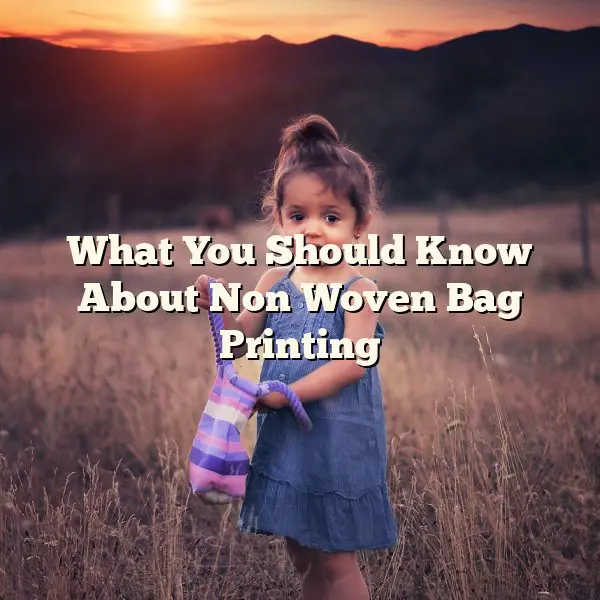The Volstead act or Prohibition act took effect in 1920. In several states across America laws were already in place to halt the consumption of alcohol. These laws were in effect ahead of the 18th amendment (Volstead act, Prohibition act) was enacted before congress.
New York was the 1st state to possess such laws passed in 1697. This law plainly stated that all bars and alcohol consumption establishments must close on Sunday. Sunday for the majority of religions is meant to be regarded as a day of rest and prayer rather than drinking. In Georgia in 1735, the government passed its First state wide prohibition on alcohol. The ban endured only seven years and was an utter failure.
In 1851, they attempted yet again to instill a prohibition on alcohol in Maine, this time it worked even better than they had anticipated. By 1855, a dozen other states joined Maine in becoming a “dry state.”
Following the Civil War in 1880, women of all ages joined the “dries”. It was not long before the temperance movement became a power to be reckoned with. The conservative Woman’s Christian Temperance Union, WCTU, was established and the Prohibition Party began gaining steam.
By 1900, more than 50% of the continental U . S . was dry. The prohibitionists assumed they had the alcohol ban locked down and there was not any possible way for anybody to acquire spirits in a dry state. Sadly for the dries, the US Postal Service accidentally offered a loophole. Since the postal service was managed by the US government rather than the state government, liquor could be ordered and shipped from a wet state. This infuriated, the dries. In 1913, an Interstate Liquor Act was passed. This act made it illegal for any person to send liquor to any dry state by any means. The results was really a step backwards for those attempting to keep liquor out because it gave rise to much more illegal methods of obtaining the alcohol because liquor distilleries were now in league with organized crime.
In 1917, the 18th amendment was drafted rendering it illegal to buy, ship or produce liquor. This would not sit well with numerous states. The amendment was argued in congress for a further 24 months. In 1920 33 states had declared themselves dry which meant a big victory for the prohibition party.
January 29, 1919. The 18th Amendment was ratified to make all hard liquor having an ethanol content over 80 proof (40%) be forbidden. Legally, it banned the production, sales, or transporting of such alcoholic beverages. It was supported by many people as they thought that only hard liquor would be banned and that it would be fine to enjoy a glass of wine with supper or drink a beer in the evening. Nevertheless, it wasn’t until 12 months later, the Volstead Act (prohibition act) was approved. The Volstead Act totally banned all alcohol that had over 1 proof (1/2%) of alcohol. This effectively banned all types of alcoholic drinks, aside from non-alcoholic beers. After the 18th amendment was ratified, the Volstead Act was brought into the light by the Prohibition supporters. For the majority of the prohibition supporters who only wanted just a little wine or the odd beer believed they’d been betrayed since they were left with nothing at all when the act was passed.
One group of people that nobody thought of were the veterans of World War 1. These soldiers felt very betrayed coming back home from battling in the war. Most of them had been stationed in France and came to know how a moderate quantity of alcohol could add to the quality of life. Coming home and learning that the dries had won a complete victory over alcohol added to the bitterness of the veterans disdain. The fatal mistake with prohibition was to ban all forms of alcohol. Eighty percent of the Prohibition Party supporters left the party. Prohibition lasted for 13 years in the United states until in 1933 the 21st amendment was passed to officially end the ban on alcohol.
Anyone can learn how to make whiskey on their own. Making whiskey is a fascinating hobby with historical importance.



